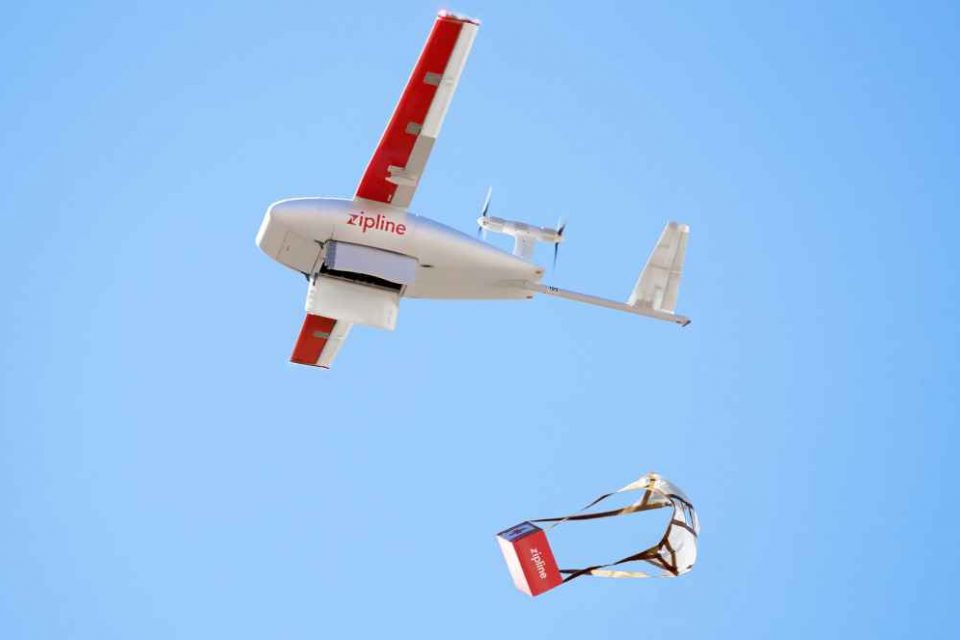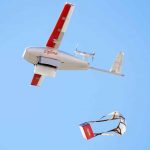Drone startup Zipline demonstrates its medical supply drones with US military

Zipline, a drone-delivery startup today announced it’s testing medical supply drones with US military. Zipline, which already delivers emergency medical supplies in Rwanda and Ghana, is testing drone flights with the U.S. Department of Defense. Between July an September, Zipline partnered with the DoD and Naval Medical Research Center to deploy its drones during four multinational military forces exercises in Australia.
In August, Zipline light unmanned aircraft made hundreds of supply drops during the Australian live-fire wargames. The Defense Innovation Unit (DIU) and the Naval Medical Research Center’s Naval Advanced Medical Development (NMRC-NAMD) also used Zipline’s autonomous drones to make more than 380 deliveries of blood and other medical supplies to troops amid a live-fire exercise with U.S., Australian, and other forces.
“The U.S. military is one of the largest providers of life-saving health care and critical aid in conflict, humanitarian and disaster relief scenarios around the world. Zipline is proud to partner with the Defense Department because our goal is to get people the care they need to stay healthy and alive no matter where they are in the world and no matter the circumstances,” says Zipline CEO Keller Rinaudo.
Founded in 2014 by Keenan Wyrobek, Keller Rinaudo, and Will Hetzler, the Half Moon Bay, California-based Zipline designs, manufactures, and operates drones to deliver vital medical products to everyone, no matter where they live. Zipline has raised a total of $233M in funding over 3 rounds at over $1.2 billion valuation.
Since its inception in 2014, Zipline has built the world’s fastest and most reliable delivery drone, the world’s largest autonomous logistics network, and a truly amazing team. Zipline designs and tests its technology in Half Moon Bay, California. The company assembles the drones and the technology that powers its distribution centers in South San Francisco. Zipline performs extensive flight testing in Davis, California, and operates distribution centers around the planet with teams of local operators.
“People think what we do is solving a developing economies problem. But critical-access hospitals are closing at an alarming rate in the U.S., too, especially if you live in the rural U.S. Life expectancy there has declined over the past several years,” Rinaudo said.

